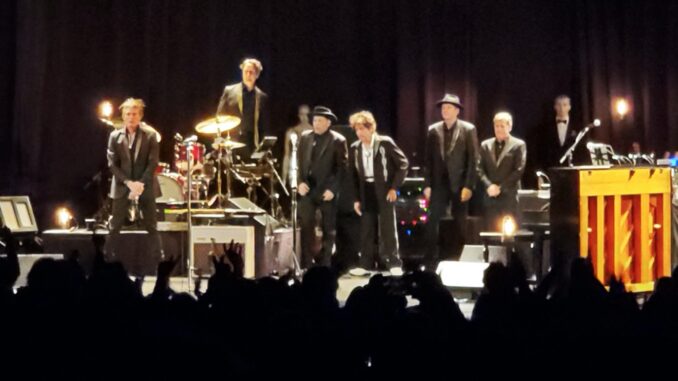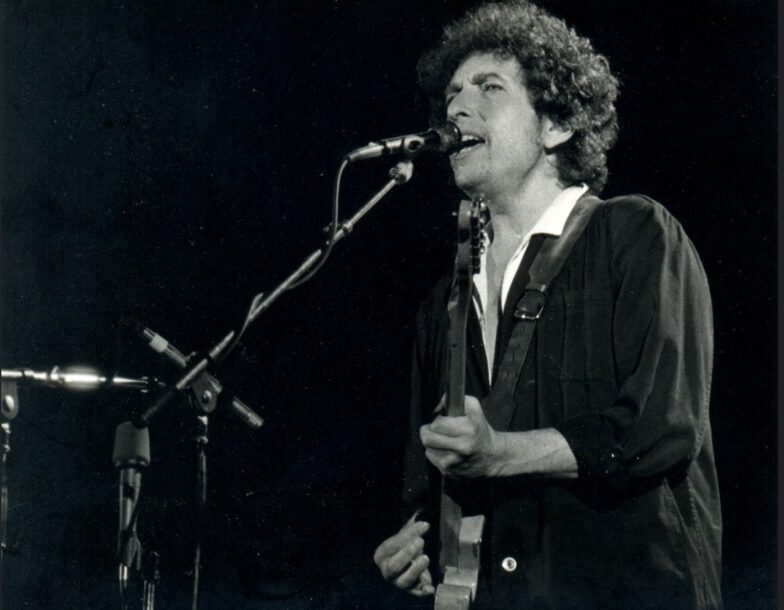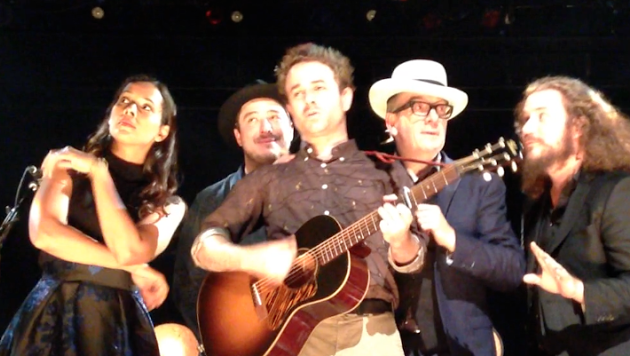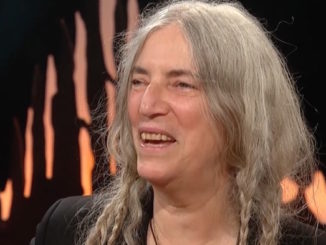
By DONNA BALANCIA
Bob Dylan, who won the Nobel Prize for literature in 2016, apparently has a lot to say about what’s going on in our world with the new track “Murder Most Foul.”
The somber track leads off with the 1963 murder of President John F. Kennedy and compares the emotional instability of the people and the young president’s mysterious murder to today’s events.
Listen to second new track ‘I Contain Multitudes’ released on April 17.
“This is a song we recorded a while back,” he said referring to the new song. But with its dark hand-wringing “Murder Most Foul” talks about today. It’s the first new song for Dylan in eight years.
The slow track, which is more of a spoken word list than an actual melodic song, makes emotional use of violin, piano and sparse hi hat and cymbals. And it plays on our inability to reason about our new lack of freedoms and our inability to cope.
Read Bob Dylan’s MusiCares Speech
If we were not worried about the outcome of this Coronavirus event before, “Murder Most Foul,” a reference to the line from Shakespeare’s “Hamlet,” certainly plants the idea that life as we know it will never be the same. That was the outcome of the murder of John F. Kennedy as the people of our nation were beyond devastated at what was considered an odd and alien action: Murder of a president. Right out in the open. And try as many have to put the pieces together, Kennedy’s murder still is a mystery.
The 1960s were a creative time in the arts and to a great degree helped society heal from the deep wounds of loss.
“Murder Most Foul” mentions the payback of debts and recaps the last few decades in pop culture, reflecting on the freedoms and culture we have been allowed to enjoy until today.

“Twas a dark day in Dallas November 1963
A day that will live on in infamy
President Kennedy was riding high
A good day to be living and a good day to die
Led to the slaughter like a sacrificial lamb
He said hey wait a minute boys don’t you know who I am
Or course we do we know who you are
Then they blew off his head while he was in the car
Shot down like a dog in broad daylight
You got unpaid debts we’ve come to collect
We’re gonna kill you with hatred without any respect
We’ll mock you and shock you and put it in your face
We’ve already got someone here to take your place
… Thousands were watching and no one saw a thing.”
In the spoken word/poem/song, Dylan delves into history through the years, mentioning Wolfman Jack who like in the film “American Graffiti” took on a god-like role, picking and choosing the hits. The requests to him are for a variety of songs, presumably in an effort to numb the pain.
In the first third of the song, there are references to The Beatles and the escape society found in music and concerts like Woodstock. Back in the 1960s, in a day when The Beatles held your hand and people were allowed to gather, pop culture, music, theatre and movies helped people forget what happened to our president. Culture and the arts helped people cope and our minds quickly drifted away from the question of the murder of our youngest and progressive minded President Kennedy.
“Murder Most Foul” was released at a time when people need to make some important connections, they need to wake up and smell the coffee, Dylan seems to say.
While Kennedy may be the comparison, “Murder Most Foul” sets an ominous stage where the the chickens have come home to roost. It’s Dylan’s story of the murder of American life as we know it and it’s a “Murder Most Foul.”



